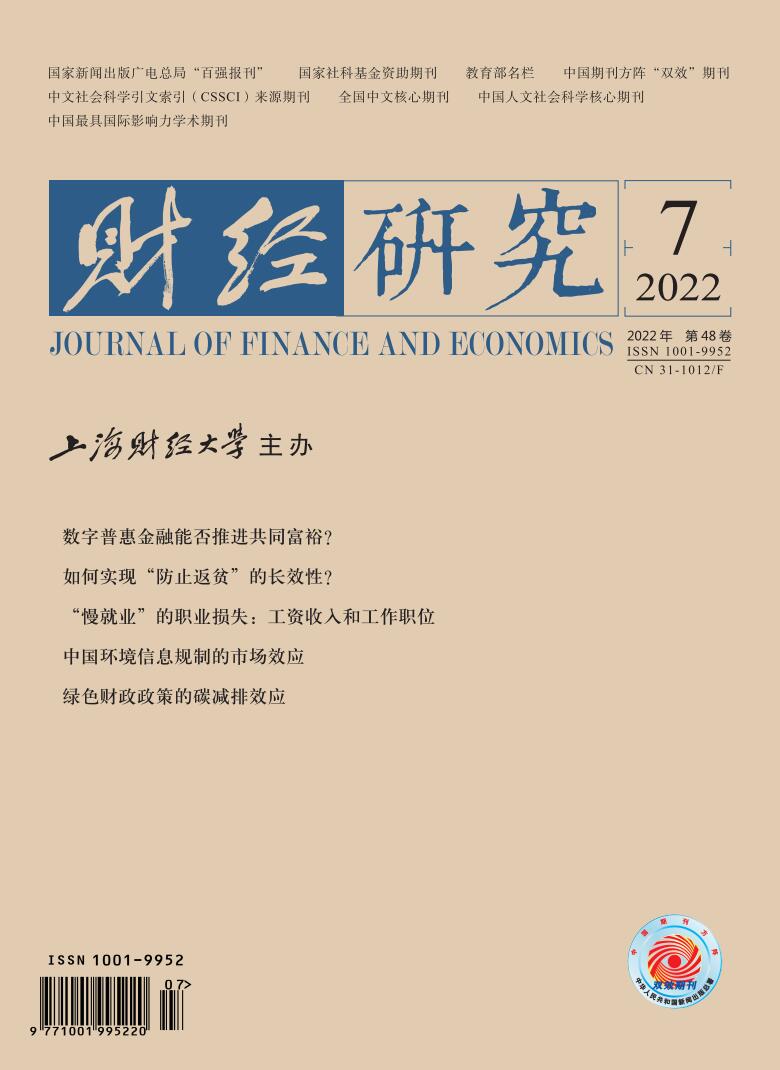In recent years, the phenomenon of high leverage, over investment in financial assets and economy financialization has attracted extensive attention from scholars and policymakers. At the same time, with the rising policy uncertainty, the weak development of the real economy and the widening gap between the rate of return of the financial industry and the real economy, non-financial enterprises not only participate in investment and financing activities in the financial market through financial derivatives, but also engage in shadow banking business in the form of entrusted loans, financial investment and non-equity private equity funds.Thus, shadow banking has become an important investment channel for non-financial enterprises.
Different from the existing research on the economic consequences of non-financial enterprises engaging in shadow banking business on the external market, this paper focuses on anchoring the “internal” economic consequences formed by shadow banking business as the investment side, and how non-financial enterprises backfire on the enterprises themselves after they invest in shadow banking business. The results show that non-financial enterprises’ investment in shadow banking business will significantly aggravate their own risk-taking, and for each additional unit of non-financial enterprises’ involvement in shadow banking business, enterprise risk-taking will increase by an average of 0.197 units. The above effects are more prominent in enterprises with a high degree of information asymmetry, poor corporate governance, low quality of system, and low investment opportunities. Reducing investment efficiency and deteriorating the quality of information disclosure is a potential mechanism for non-financial enterprises to invest in shadow banking business. This paper provides robust empirical evidence for the economic consequences of non-financial enterprises’ involvement in shadow banking business on the investment side, and a necessary micro basis for the structural reform of the financial supply side.
The possible innovations are as follows: First, This paper mainly focuses on shadow banking as an important investment channel of non-financial enterprises caused by regulatory arbitrage, which enriches the research on the backfire effect of non-financial enterprises engaged in shadow banking investment. Second, This paper focuses on the analysis that the investment profit margin of shadow banking business caused by insufficient supervision of off-balance-sheet business is higher than that of physical investment, that is, regulatory arbitrage. Third, in terms of mechanism, this paper also explores that the expansion of the scale of shadow banking business will lead to an increase in enterprise risk-taking by reducing investment efficiency and deteriorating the quality of information disclosure. Therefore, it can provide a novel and objective interpretation for non-financial enterprises to get involved in shadow banking business and aggravate their own risk-taking.





 6680
6680  9804
9804

